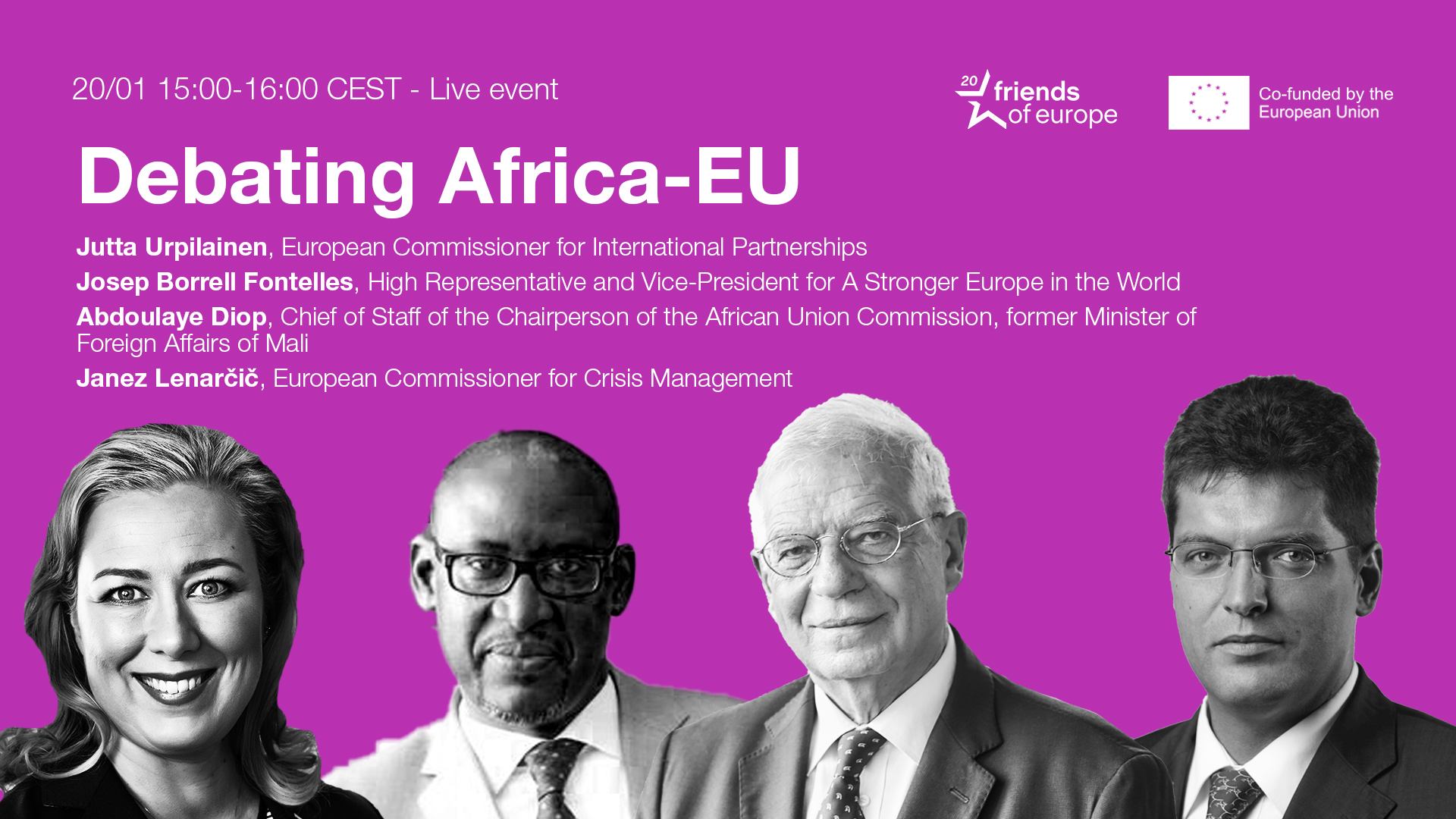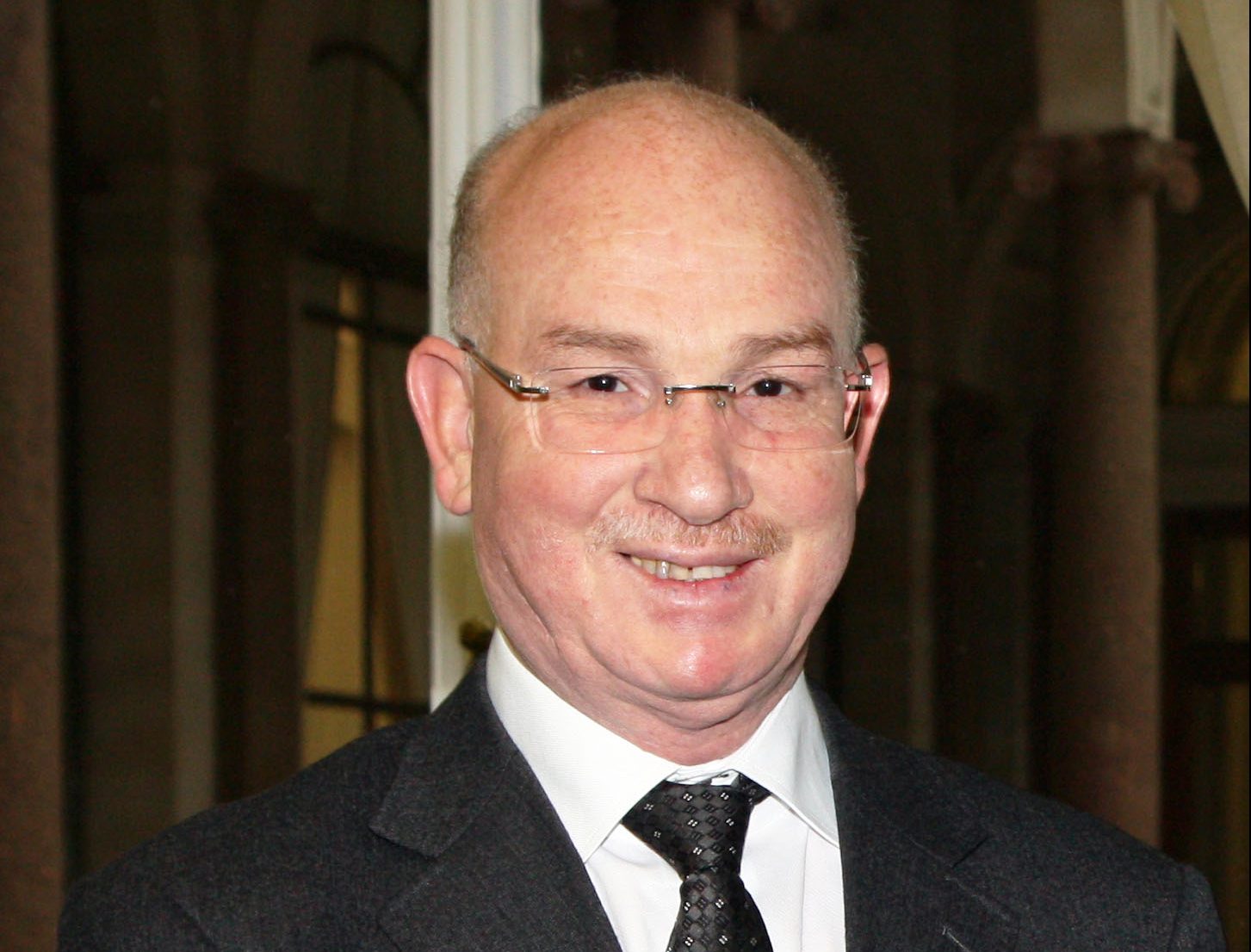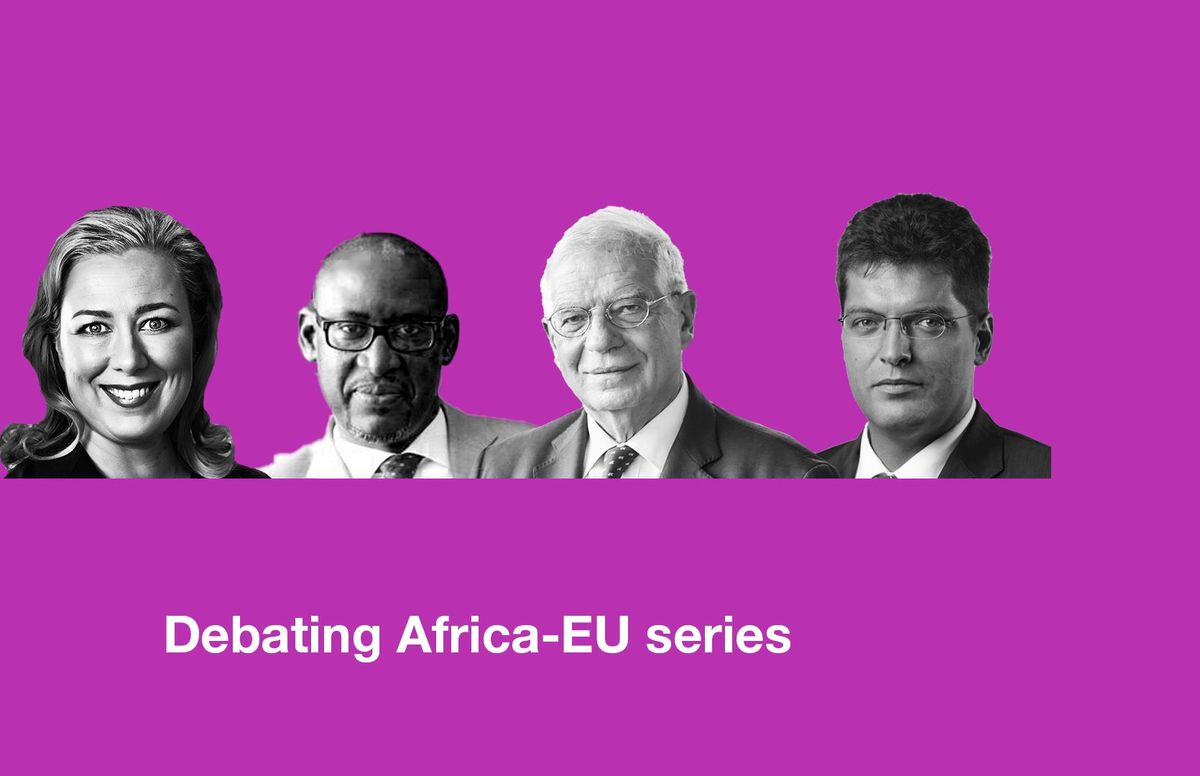
Summary
The security partnership between Africa and Europe is making significant progress, participants at the latest Friends of Europe Debating Africa-EU event said Wednesday. However, greater efforts are needed, particularly to shift the focus from managing crises to preventing them.
“A more strategic approach … should be driven by the principle of anticipation, not being called when there is a fire to extinguish, but to prevent the fire,” (14:40) said Josep Borrell Fontelles, European Union High Representative and Commission Vice-President for A Stronger Europe in the World. “We need to work more on conflict prevention, using the big number of tools we have at our disposal.”
Borrell joined two fellow European Commissioners and a senior diplomat from the African Union for the last of a series of seven online Africa-EU debates hosted by Friends of Europe. Over the past eight months, they have brought together hundreds of government and business leaders, civil society representatives and other key stakeholders from both continents.
The ideas they have generated are feeding into preparations for the AU-EU summit scheduled for this year.
Participants in the latest debate emphasised the links between security and development, insisting that one is not possible without the other. There were complaints that neither the EU, nor the African Union are devoting enough resources to the preventative side of security.
Abdoulaye Diop, Chief of Staff of the Chairperson of the AU Commission, pointed out that crisis prevention is intrinsically linked to development on a continent whose youth population is forecast to reach 800 million over the next 20 years.
“Prevention is not only investing in preventive diplomacy, in dialogue and mediation … it’s how we can make meaningful investments to create jobs, create opportunities and economic development for our young people,” (46:20) said Diop, a former Minister of Foreign Affairs of Mali.
“For these young people, either we decide to make meaningful investment for them to become agents for prosperity, shared prosperity, or they will be fuelling the gangs and militias, and will be a threat to all of us,” (46:57) he warned.
The need for economic development to back up security policy, was also underscored by Smaїl Chergui, African Union Commissioner for Peace and Security. He was travelling and unable to attend the debate but sent a personal video message to participants.
Chergui urged a comprehensive approach to build resilience and address the root causes of conflict, for example by investing in infrastructure to facilitate cross-border trade; diversification of livelihood opportunities; climate-change initiatives; and inclusive growth efforts bringing in women and youth.
“A key priority to build resilience is the reaffirmation of the social contract, to build trust between people and the government,” (6:53) Chergui said.
Speakers also emphasised the importance of creating better synergies between civilian and military operations; between humanitarian aid, development and security policy; and between the actions of European and African players at national and regional level.
“With humanitarian aid we only try to save lives and alleviate suffering, we attempt to address the symptoms, but we want to do more,” (32:54) Janez Lenarčič, European Commissioner for Crisis Management, told the debate. “We want to look at what are the root causes that lead to symptoms like that, and tackle them together with our African partners.”
He too insisted preparedness and cooperation are key to predict crises and build resilience against challenges, such as pandemics like COVID-19 or the growing impacts of climate change. “We need to get better prepared,” Lenarčič said. “The heart of resilience is preparedness. We’d like to work with our African partners to make them better prepared for the disasters that may come.” (34:11)
Throughout the debate, there was cautious optimism that Africa’s great potential can be unleashed with the right balance of good governance, improved security and sustainable development. The EU is willing to help and plans to strengthen the partnership through a renewed Africa strategy.
“Our partnership on peace and security is strong. It is based on our mutual interests and understanding that African states and institutions are best at ensuring peace on their continent,” (4:40) said Jutta Urpilainen, European Commissioner for International Partnerships.
“Peace and security are intrinsically linked to resilience,” (5:47) she added. “This means prevention, resolution and rehabilitation by well-targeted humanitarian, development, peace and security action.”
Urpilainen also looked back over the successful series of debates, which have attracted hundreds of online participants and several thousand of viewers from both continents.
She highlighted the broad range of topics covered, including green and digital growth, gender equality, healthcare and migration. Urpilainen was particularly encouraged by the level of youth participation.
“The engagement of young people in the debate was very impressive,” (55:10) she said. “We will definitely continue building the future together.”
About
As Africa and Europe seek to re-set their partnership, Friends of Europe is engaging with our partners across both continents to understand the long-term vision and the converging and diverging priorities at the heart of this new cooperation.
Africa and Europe have a shared interest and much to gain from one another in accelerating the progress of the global agenda for sustainable development and peace, whilst working together to address the challenges posed by the COVID-19 pandemic.
Through its “Debating Africa-EU” series, Friends of Europe is focused on engaging its partners and the new EU College of Commissioners around their vision and priorities for EU-Africa cooperation. In response to the Joint Communication Towards a comprehensive Strategy with Africa, this series serves as a consultative exercise for key stakeholders and partners from both continents to voice their perspectives on the future of the relationship. Following the first six in the series, the seventh ‘In Conversation With’ takes place on the 20th of January 2021 with Janez Lenarčič, European Commissioner for Crisis Management; Josep Borrell Fontelles, High Representative and Vice-President for A Stronger Europe in the World; and H.E. Amb. Abdoulaye Diop, Chief of Staff of the Chairperson of the African Union Commission. The strategic focus of the discussion will be on “A Stronger Alliance: Enhancing Resilience, Peace, and Security in the Africa-EU Partnership”.
Related content:
Initiatives
Past Event Recordings
- Debating Africa-EU N6: Sustainable jobs & growth: a partnership for a new era
- Debating Africa-EU N5: Beyond borders: migration, mobility and good governance in the Africa-EU partnership
- Debating Africa-EU N4: Health, welfare and prosperity: an EU-Africa partnership for a people-centred approach to human development
- Debating Africa-EU N3: A new era of digital cooperation: embracing Africa and Europe’s 4th Industrial Revolution
- Debating Africa-EU N2: Creating a mutually beneficial partnership for Africa-Europe: Building a greener and fairer future
- Debating Africa-EU N1: The Next Generation of Africa Europe Relations, with Commissioner Jutta Urpilainen
Schedule
Resilience, peace and security are necessary prerequisites for sustainable socio-economic development. The impact of conflicts prior to and during the pandemic have exacerbate inequalities and volatility in key areas across Africa and disproportionally affected the most vulnerable, especially women and girls. State control over territories and maritime domains, social cohesion, home-grown extremism, intercommunity conflicts, proliferation of armed groups, terrorism and transnational crime, including cybercrime, are some of the key traditional and non-traditional threats that the continent faces in addition to the challenge of managing the Covid-19 outbreak and the intensifying impact of climate change. The African Union ‘Silencing the Guns’ initiative is welcome in this context, as is the progress captured by the EU-AU Memorandum of Understanding on Peace, Security and Governance. As outlined in the Joint Communication, Towards a Comprehensive Strategy with Africa there are many tools that Europe and multilateral partners, can share to step up support and engagement, boost resilience, enhance security and achieve peace across conflict zones. In order to structurally address the root causes of violent conflict both Europe and Africa need adapt their way of working together to ensure that well targeted peacebuilding, humanitarian development, and security actions achieve long-lasting stability.
Questions to be discussed include:
- Does the proposed EU Strategy with Africa enable both continents to optimise their cooperation to enhance resilience, peace, and security?
- How can Europe best support Africa in conflict prevention, resolution and stabilisation?
- As the impacts of climate change worsen, issues of food security, resource scarcity, and human displacement will intensify– what immediate solutions can be devised to minimise spill-overs into armed conflict?
- Are additional steps needed to reduce the increasing importance and impact of asymmetrical threats?
INTRODUCTION
Jutta Urpilainen
European Commissioner for International Partnerships
SPEAKERS
Josep Borrell Fontelles
High Representative of the European Union for Foreign Affairs and Security Policy and Vice-President of the European Commission for a Stronger Europe in the World
Abdoulaye Diop
Chief of Staff of the Chairperson of the African Union Commission, former Minister of Foreign Affairs of Mali
Janez Lenarčič
European Commissioner for Crisis Management
MODERATOR
Dharmendra Kanani
Chief Operating Officer and Chief Spokesperson of Friends of Europe
Speakers
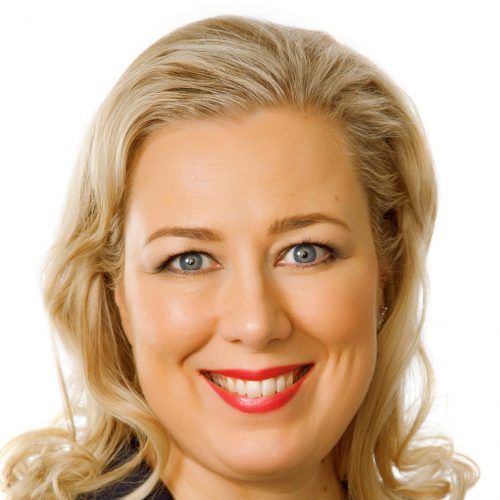
European Commissioner for International Partnerships
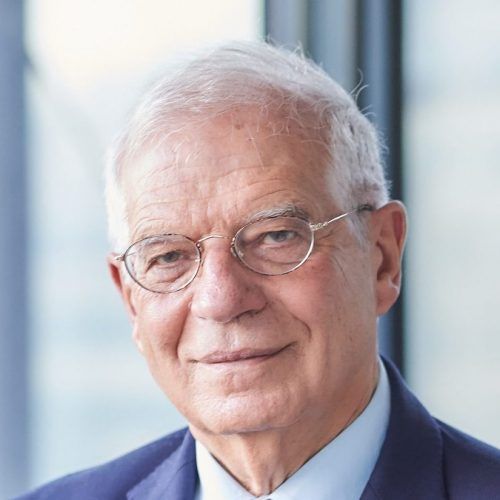
High Representative of the European Union for Foreign Affairs and Security Policy and Vice-President of the European Commission for a Stronger Europe in the World
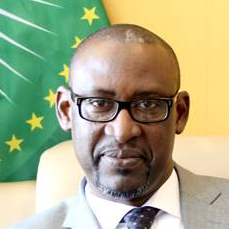
Chief of Staff of the Chairperson of the African Union Commission, former Minister of Foreign Affairs of Mali
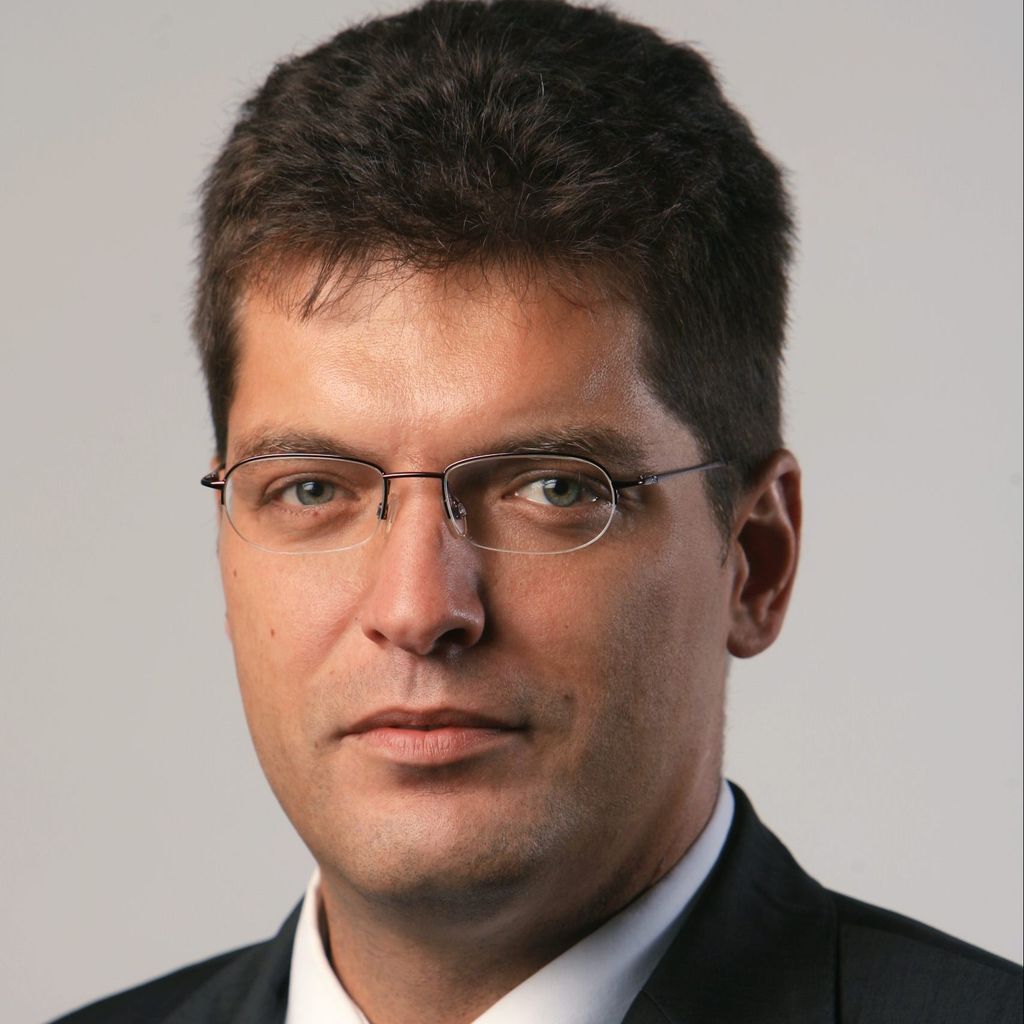
European Commissioner for Crisis Management
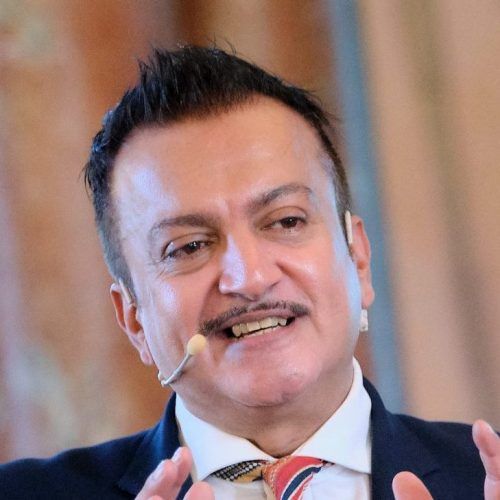
Chief Operating Officer and Chief Spokesperson of Friends of Europe
Prior to joining Friends of Europe, Dharmendra Kanani was director of policy at the European Foundation Centre (EFC). He was the England director at the Big Lottery Fund, the largest independent funder in the UK and fourth largest in the world. Dharmendra has held senior positions in the public and voluntary sectors and advisor to numerous ministerial policy initiatives across the UK.
Partners

Continue
the debate on
- Debating Europe
